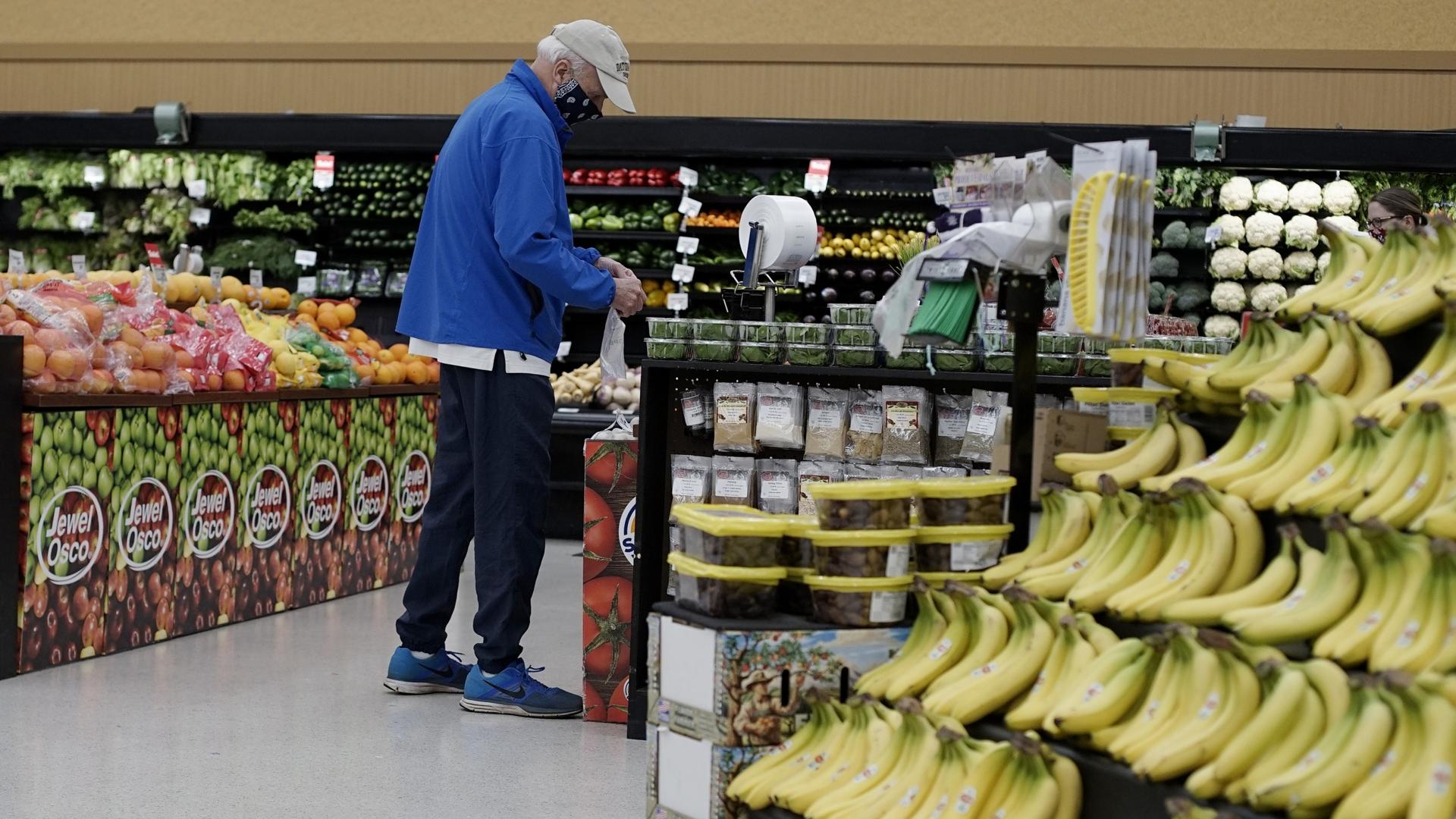There was a moment in early 2020 when life narrowed, and the grocery store became a lifeline — in more ways than one. It was the source of breakfast, lunch and dinner, of course. But those lines emerging from sliding-glass doors and wrapping around the block? For a while, they were as close to a social life as we could get, one of our last connections to the outside world. And, when certain items were in short supply in the early days of the pandemic, we were forced to think a lot more about where our food comes from.
The importance of the supermarket is no mystery to Benjamin Lorr, author of “The Secret Life of Groceries: The Dark Miracle of the American Supermarket,” and John Mackey, CEO and co-founder of Whole Foods and author of “Conscious Leadership: Elevating Humanity Through Business.” And, as they tell us, they both watched in awe as Americans altered their relationship to the grocery store this year. Indeed, your local megamart has played a hugely influential role in society, from its general store origins in the 19th century to the vast supply chains we see today — becoming “as American as jazz or the T-shirt,” Lorr said. But, as he explains, there is also a dark side to our brightly lit food aisles and a cost to our endless options and two-for-one deals.
Three Takeaways
- Today, Americans spend less than 10% of their total budget (their take-home incomes) on food. Back in the 1900s, though, Lorr says, the average family spent around 40% of their budget on food. Why such a big shift? The green revolution and the development of industrial fertilizers and pesticides played a part. But it’s mostly thanks to a low-markup, supermarket model, he says, where competition for the lowest prices is key — and labor rights are often thrown to the wayside.
- Getting your famous homemade sauce or delicious baked goods onto the shelf of a local supermarket isn’t easy. Stores operate on a pay-to-play system, Lorr says, charging for shelf space, end-of-aisle promotions, catalog placement and more. It’s an easy way to cushion the stores’ bottom line, but it ends up having “very material effects on the food we eat.” The food lining the aisles isn’t necessarily the tastiest or the healthiest, Lorr says — but it has definitely passed through the most hoops.
- There are “huge structural problems” with the way food certifications are handed out, Lorr says. These certifications might attest that a product is manufactured without certain chemicals or using certain labor standards, but “government regulation has failed in this and is not providing any regulatory apparatus for fraud,” he added. According to Lorr, the audit system that approves these certifications is a “$50 billion per year for-profit industry” where issues are “baked into” the process.
